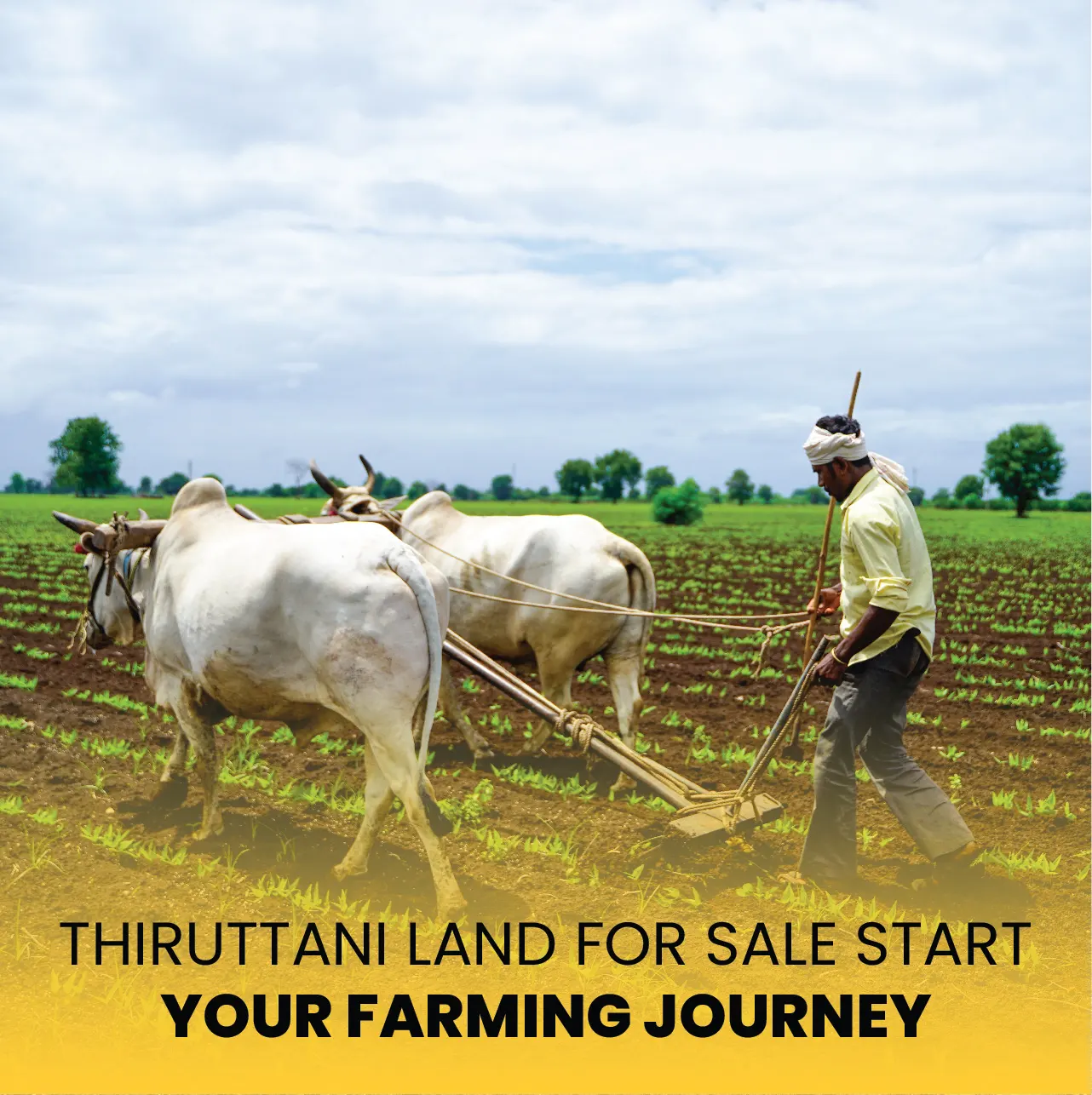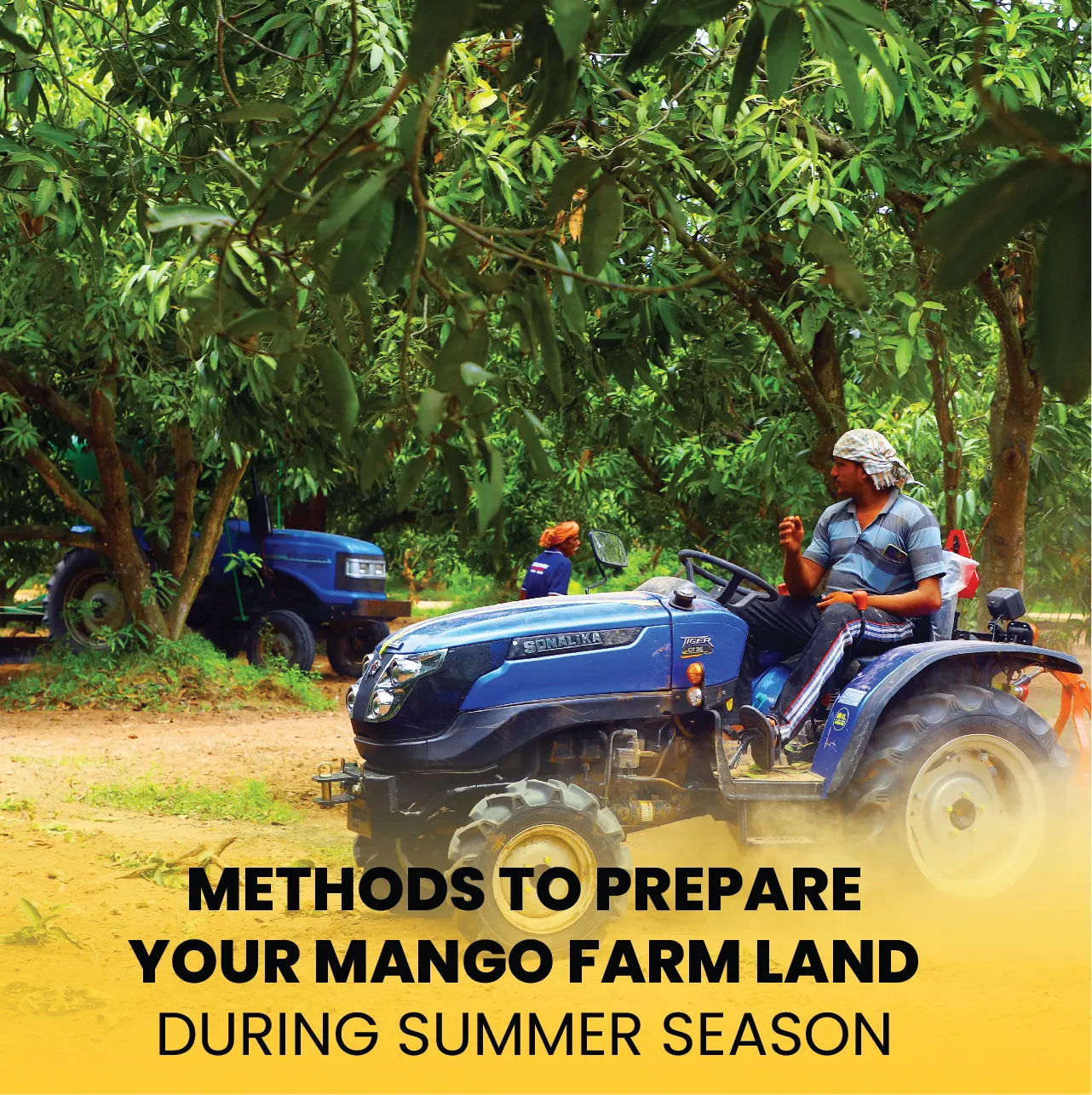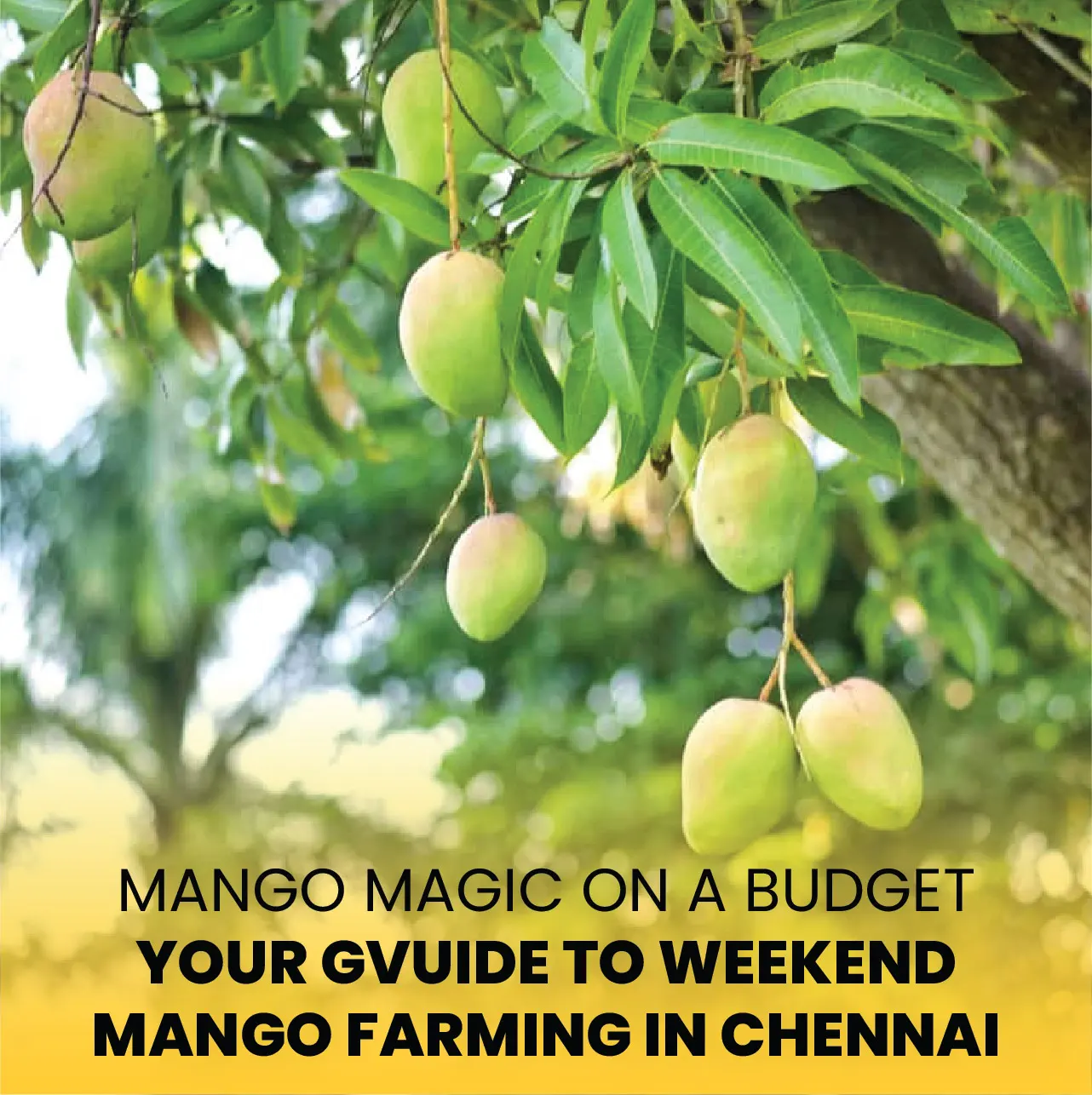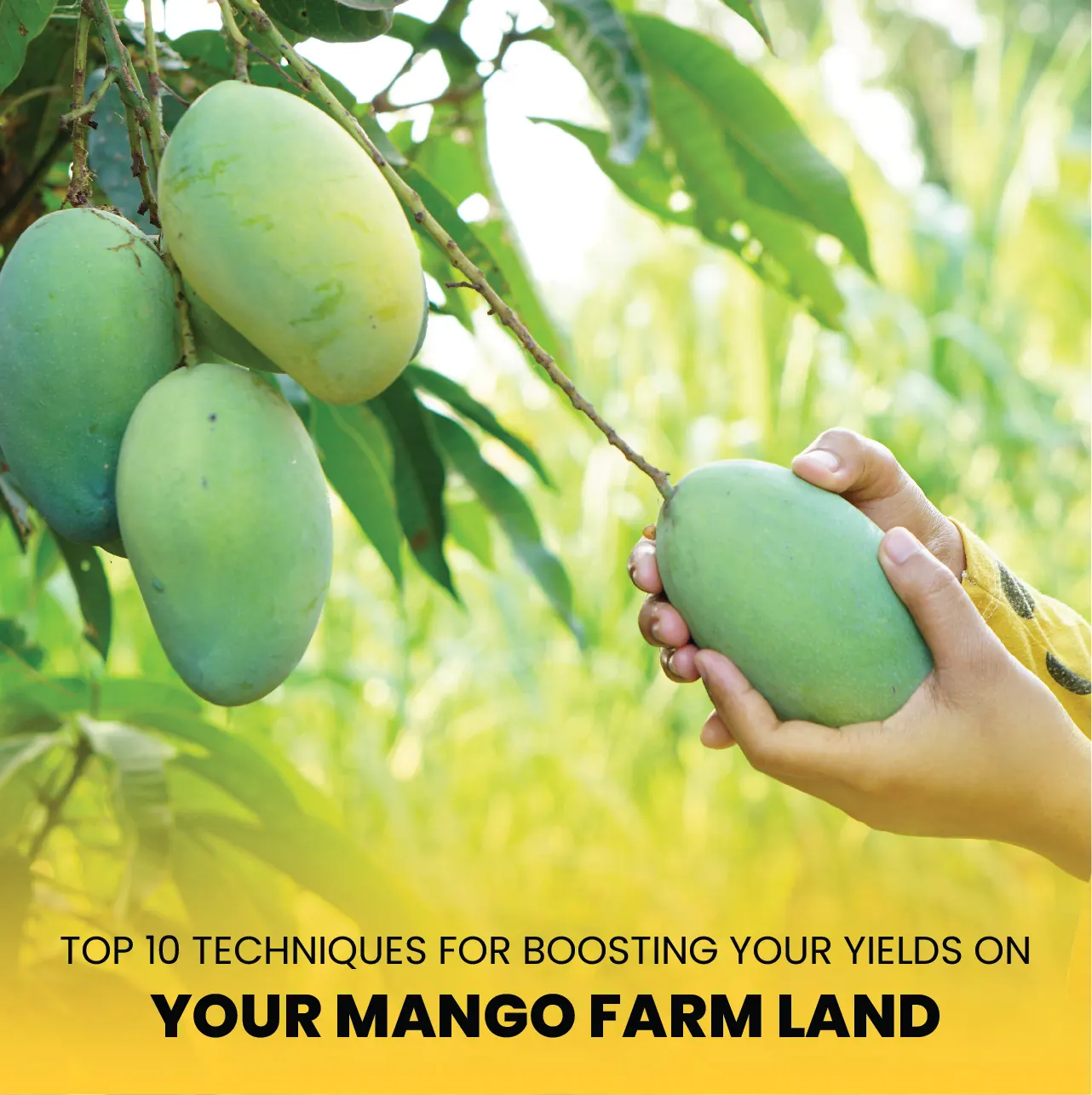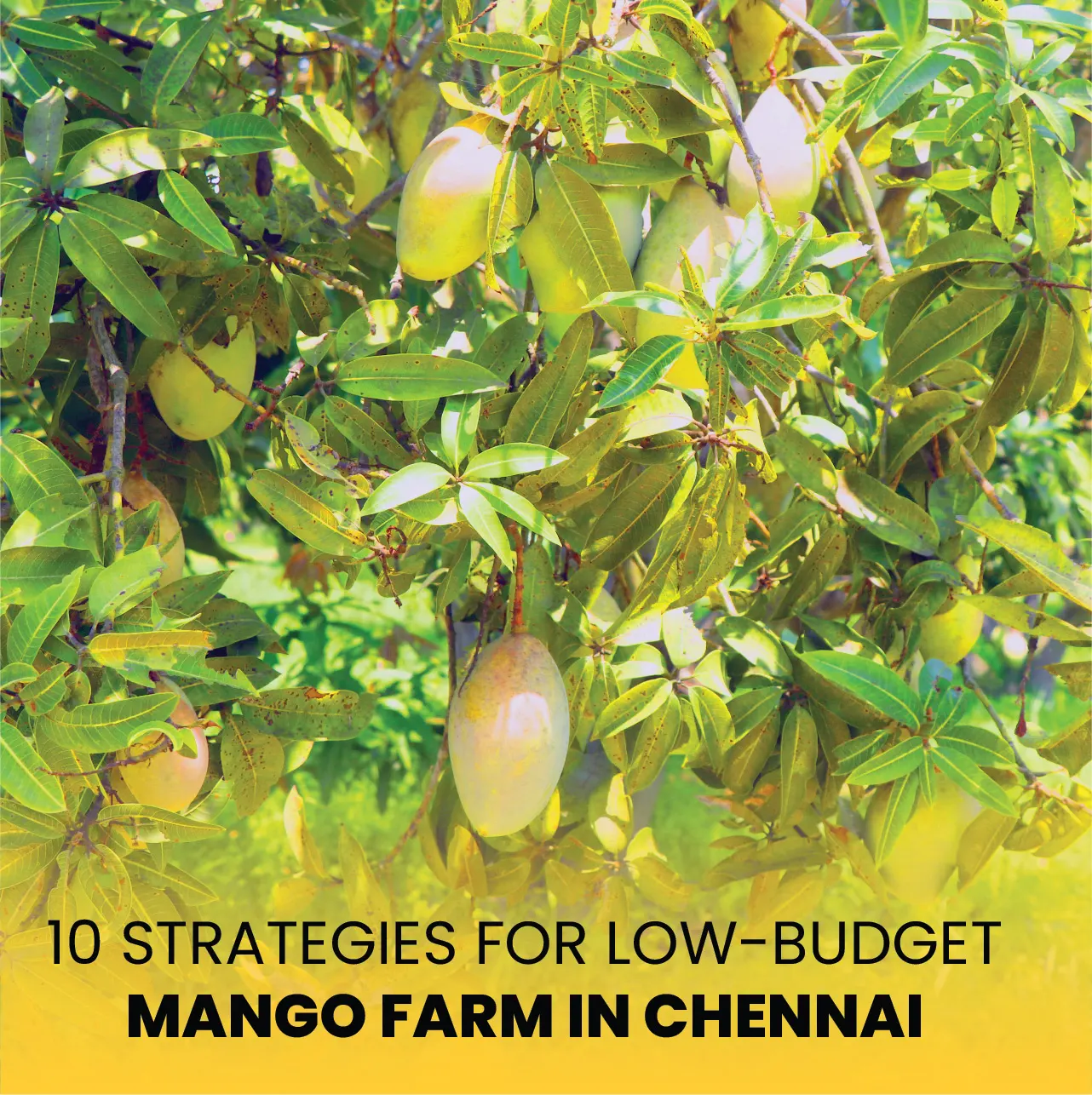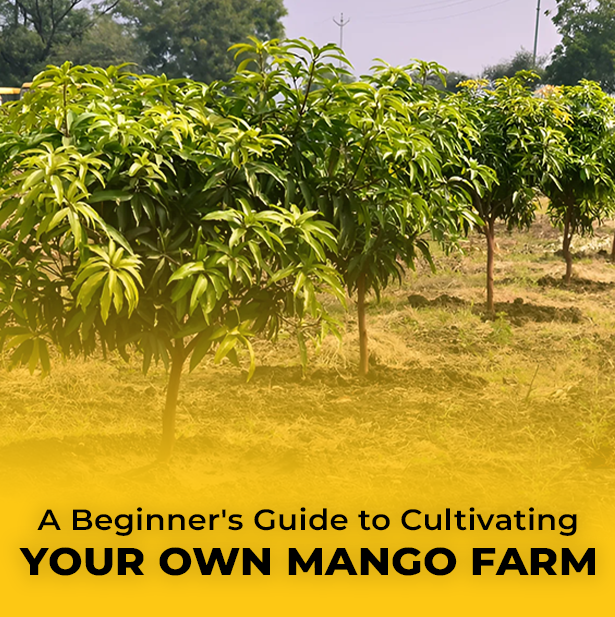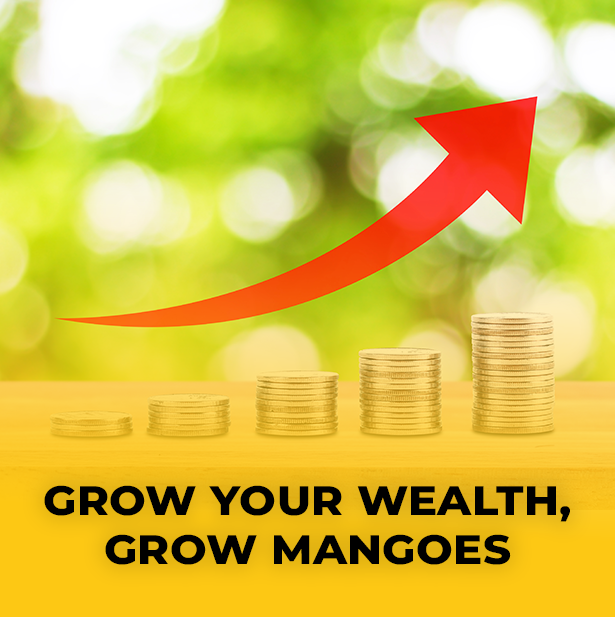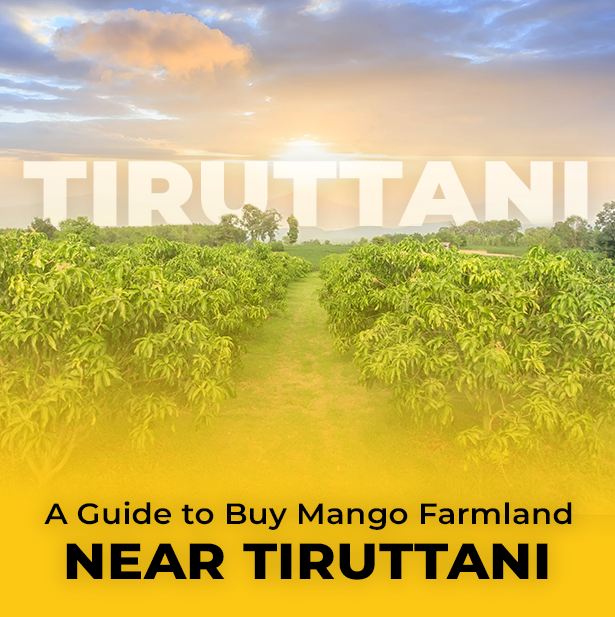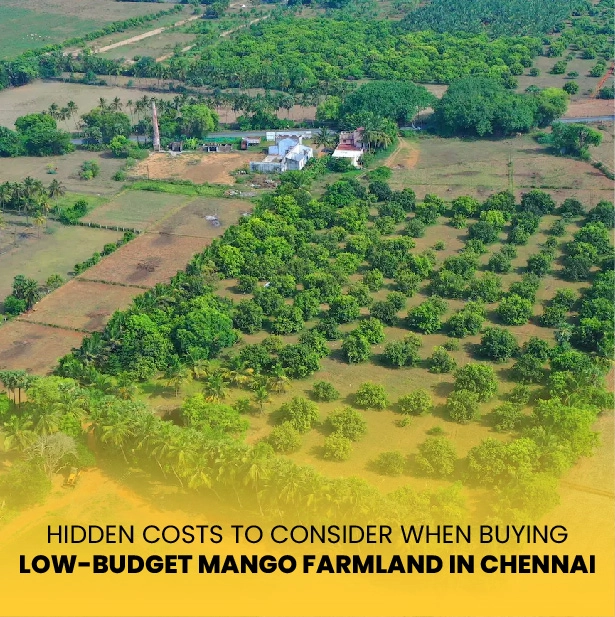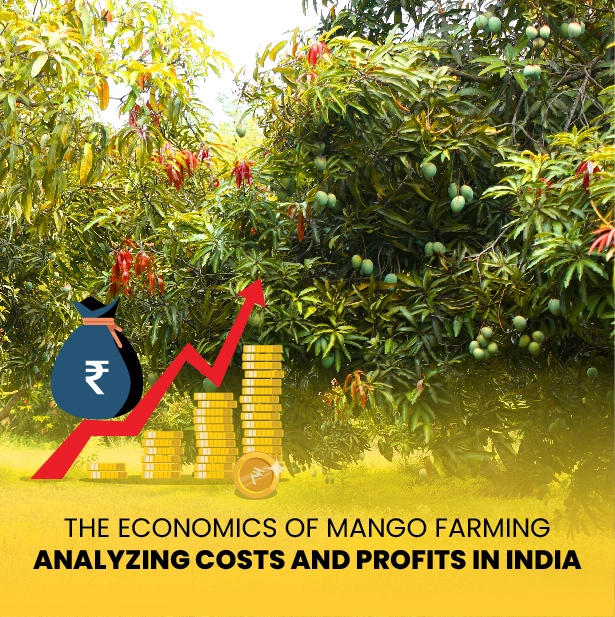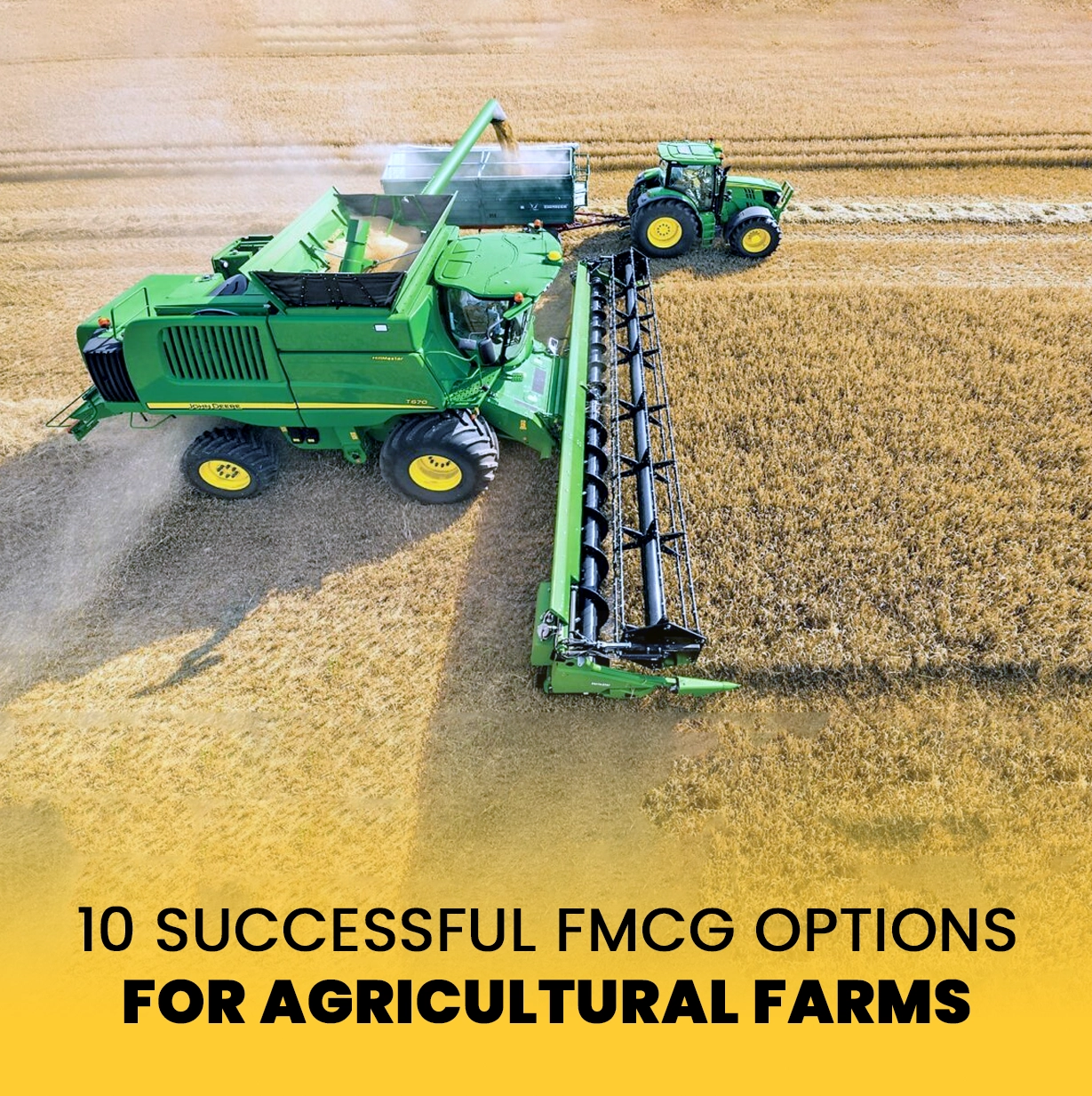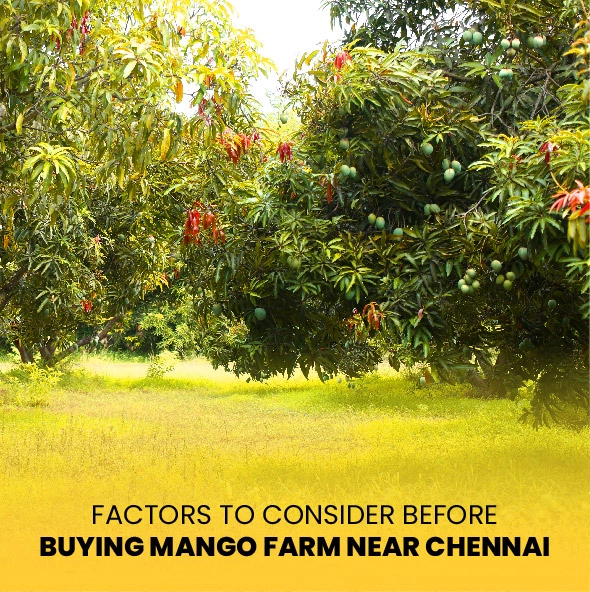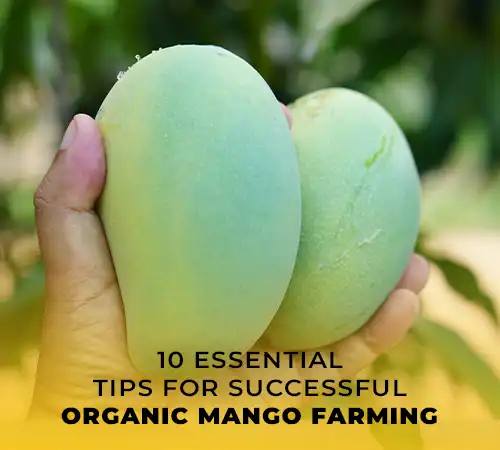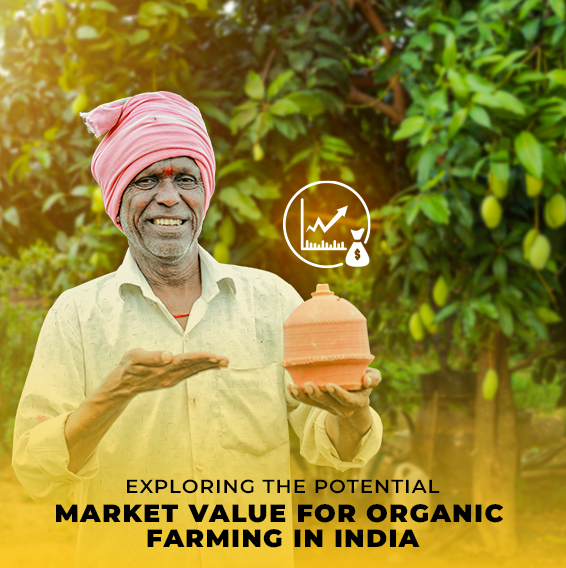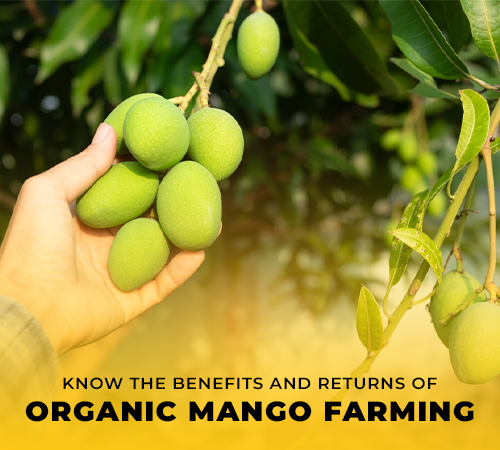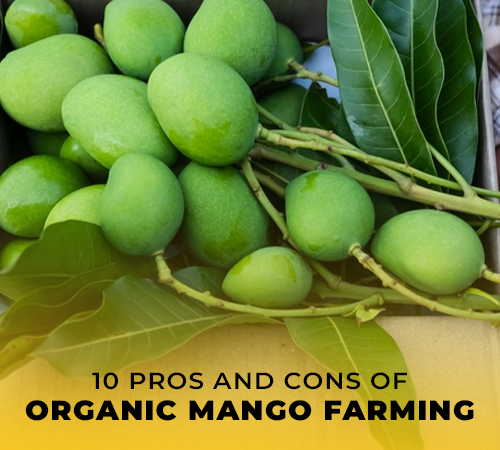In 2024, with Thiruvonam, the greatest day of the celebration, falling on September 15th Onam Festival will start on September 6 and finish on September 15. Onam's ten-day festivities have great significance and centre the Malayalam calendar. Every day, from the first day of Atham until the closing day of Chithira, has particular rituals and customs that help the state come to life.

Every day of Onam offers another day of celebration; this is a festival of abundance, happiness, and thankfulness.
Atham (Day 1): The event starts formally with the first bloom of the Pookalam, a blossoming rangoli that gets bigger daily to represent hospitality and welcome. Starting the day with prayers, devotees invite serenity and wealth.
Chithira (Day 2): The Pookalam is enlarged with fresh flowers, and houses are meticulously cleaned. Families gather to help the community experience the shared delight of the event as it is being ready.
Chodhi (Day 3): Families acquire new garments known as Onakkodi for the celebration on the third day. This is a crucial component of Onam since it symbolises fresh starts and the expectation for economic success in the next few years. The Pookalam changes always.
Vishakam (Day 4): Markets are alive with activities planning the Onasadya (Onam feast) as Onam's enthusiasm grows. Families buy spices, veggies, and fresh fruit to prepare for the great dinner. Men and women both getting ready for the feast become a hive of activity in the kitchen.
Anizham (Day 5): On the fifth day of Onam, the Vallamkali, or Snake Boat Race, is one of the most looked-forward activities. Held in the backwaters of Kerala, the race attracts big numbers from all throughout the state with long, artistically ornamented boats vying to the rhythm of traditional boat songs.
Thriketa (Day 6): Families get back together as the celebration approaches its zenith, and the enthusiasm of the event gets stronger. Thriketa is a day of family bonding and cultural celebrations; many Keralites who work elsewhere or in another state travel home for this time.
Moolam (Day 7): Centre stage are traditional dance events like Kaikottikali, in which women in traditional garb circle, and Pulikali, a tiger dance in which men paint their bodies like tigers. These presentations capture the cultural vitality of Kerala and the thrill of the celebration.
Pooradam (Day 8): By the seventh day, the Pookalam, which has been expanding daily, takes on its most complex and beautiful shape. Families and towns vie to produce the most complex and vivid floral displays; the day is full of artistic expression and beauty.
Uthradam (Day 9): Known as Onam Eve, Uthradam is a day for festival preparation for the major activities. As the largest day of Onam draws near, households finish the plans for the Thiruvonam feast, and buzz fills the air.
Thiruvonam (Day 10): Thiruvonam, the festival's grand finale, is the most important day highlighted by many events, the great Onasadya, and group prayers. Families and communities gather to savour the extravagant feast, which consists of a great variety of traditional Kerala cuisine presented on banana leaves.
In Hindu mythology, especially in the tale of monarch Mahabali, the kind Asura monarch who governed Kerala during a golden age of wealth, Onam is quite important. Legend has it that Mahabali's rule was one of equality and contentment in which poverty or injustice did not exist. But his great renown upset the gods' equilibrium of power.
Lord Vishnu visited Mahabali at a sacrificial ceremony dressed as Vamana, a poor Brahmin, therefore assisting the gods. Mahabali easily consented when Vamana requested three paces of land. Then Vamana expanded to be quite large, in two steps enveloping the planet and sky. Mahabali promised, then offered his head for the third stage. Impressed by the king's loyalty, Vishnu let him go back to Kerala once a year—a visit honoured by the people as Onam.
The myth of Mahabali reminds us of humility, kindness, and the need to fulfil our word. Keralites revere the king's spirit with joy and appreciation even now, celebrating Onam Festival as a time of wealth.
Many distinct customs abound on Onam, each representing different facets of Kerala's cultural legacy:
Pookalam (Floral Rangoli): Fresh flowers are laid in complex designs on the ground to welcome King Mahabali every day of Onam.
Onasadya (Feast): Serving up to 26 traditional Kerala dishes, including sambar, avial, thoran, and payasam, a magnificent dinner presented on banana leaves This feast brings neighbours and family together, therefore reflecting community and plenty.
Vallamkali (Snake Boat Race): Held in Kerala's backwaters, exciting races of exquisitely adorned Chundan Vallams (snake boats) attract big numbers of people and honour the spirit of rivalry and cooperation.
Onakkodi (new clothes): Wearing fresh clothing on Onam represents joy, rebirth, and wealth. Families pass down fresh clothes as part of their customs.
Kaikottikali and Pulikali: The celebration gains vitality and colour from traditional folk dances with ladies in rhythmic circles performing Kaikottikali and the vivid Pulikali (Tiger Dance) painted as tigers by men.
Athachamayam: Celebrating King Mahabali's reign with traditional performances, elephants, and musicians, the festival opens with this great parade.
Onam reflects the attitude of Kerala's cultural unity and the giving mentality, not only a celebration of the harvest. It highlights the actual meaning of compassion, solidarity, and thanks by combining people from many religions, castes, and backgrounds.
Many philanthropic events are planned to assist those in need, and communities gather during the festival to make sure nobody is left behind. Sharing the Onam Sadya feast with friends and neighbours strengthens ties that cut across social classes.
Approaching the holiday season of Onam 2024, it promises to deliver the energy, delight, and cultural richness known for Kerala. From the brilliantly decorated Pookalams to the exciting Vallamkali, the celebration honours both history and present, hence highlighting community spirit. Onam reminds us of Kerala's eternal principles of kindness, unity, and wealth, whether we are celebrating the feast, savouring the ancient dances, or just thinking back on the life of King Mahabali.
“M/S Holidays Mango Farm, wishing you a festive and rich Onam! This holiday of plenty should bring wealth, calmness, and happiness to your house. Let the blessings of King Mahabali abound in your life with great wealth and lifetime delight. Happy Onam 2024! ”
